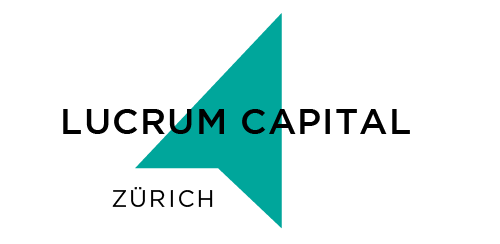CORE STRATEGY
STOCKS PORTFOLIO GROWTH
Superiority technologization
A turn of the tide-strict future orientation
In addition to many exogenous individual events, there are two main structural reasons why the global stock markets have generally moved into an increasingly dynamic development since the turn of the millennium, but one that is automatically also more susceptible to fluctuations and characterized by more frequent corrections.
On the other hand, in the course of the rapidly accelerating technology and research innovations, a more and more increasing and certainly irreversible replacement of formerly economically dominating “old economy ”sectors such as classic bank, steel sector, conventional utility industry, the telecommunications sector formerly dominated by monopolies and regulated by the state, or wholesale chains of all sorts which decades ago were still eminently economically supportive, had been taken place since a good 20 years.
In the most diverse fields of applications, this technologization is now an inescapable thread running through almost every aspect of people’s everyday lives and, thanks all to the development of the internet, has led, for example, to the increasing replacement of traditional banks through digital online banking and trading systems, of large department stores by online trading platforms, and of specialized brand stores by forms of medical therapy that used to be purely chemically oriented and are now increasingly based on life sciences, or to the increasing opening up of the utilities and telecommunications sector, which is used to be massively state-controlled, to competition from competitors that are just as technologically advanced as they are extremely competitive in terms of price.
However, with regard to the future growth and stock perspectives of such progressive fields of the future, not only does the “perpetuum mobile” of a constant cycle of innovation and technology development as also replacement play into their hands, but the chronic low-interest environments, also described above, do their part to ensure that precisely such future-oriented growth companies can distinguish themselves more and more effortlessly from year to year from classic groups of the “old economy”.
This is because, on the one hand, future-oriented research and development projects are in general characterized by the highest capital intensity of a company’s use of funds and therefore make borrowing far more unavoidable for such technology-oriented companies than is generally the case for representatives of the “old economy” with their more flexible possibilities of budget control, e.g. through employee layoffs( with the consequence of increased reductions in borrowing cost, i.e. preferential treatment of technology and other future-oriented companies due to the low interest rate environment).
On the other hand, the fair value of a company is generally determined by discounting all expected future earnings and underlying investment and financing plans to the present. As soon as a company is expected to show extremely high growth rates in the long term, the discounting of these future earnings at today’s increasingly low, if not even zero to negative, interest rates provides enormous additional leverage in the present value of such companies, which classic, much lower-growth representatives of the “old economy” do not have to the same extent.
Insofar, in this described turn of tide of almost any International corporate landscape, it can be undoubtedly predicted that modern growth companies, in the future, will belong more than ever to the future in comparison to the classic representatives of increasingly outdated traditional industries.
It is exactly this trend of superiority, in addition to the targeted selection of companies that are likely to be the most successful on this wave in the long term and thus best able to cope with possible stock market storms, that Lucrum Capital AG takes into account to a high degree in the composition of the stocks portfolio GROWTH.
This strict focus on the future and the associated clear goal of maximizing returns for the stocks portfolio GROWTH also automatically means that young, up-and- coming companies and thus their stock classes, which are usually smaller market capitalizations ( so-called mid or small caps), will also be given very active consideration in the portfolio composition, which can also apply to a selection of stocks from emerging markets that appear particularly promising in terms of technology or prosperity.
Despite the additional potential return impulse that the stocks portfolio GROWTH receives from these selection principles, the portfolio of course also pursues the no less important goal of forward- looking risk control, which is to be ensured in this portfolio above all by means of the best possible sector and country diversification of the equities.
With the proven decades of experience of Lucrum Capital AG in the stock selection of the most promising companies of the future, we thus provide the best guarantee that this portfolio composition will enable you to realize asset growth which, coupled with prudent risk management, will ultimately be significantly superior to the returns of classic overall stock market indices.

